Powers of attorney
Through a notarial power of attorney you can authorise another person, called an attorney-in-fact/agent, to make one or more legal documents on your behalf. For example, you can appoint an attorney-in-fact to represent you at the notary’s office for the sale of a property, in succession proceedings, in court or in dealings with a bank.
Types of mandates and powers of attorney for various situations:
- Power of attorney for company management
- General power of attorney for property management (land, apartment, house)
- Power of attorney for electronic (digital) signature
- Power of attorney for the use of a car
- Power of attorney for car registration
- Power of attorney for criminal records
- Judicial power of attorney
- Power of attorney for representation at divorce in court (judicial)
- Power of attorney for divorce through a notary
- Power of attorney for succession
- Power of attorney for the bank
- Power of attorney for Trade Register
- Power of attorney for collecting the pension
- Power of attorney for the purchase of real estate (apartment, house, land)
- Power of attorney for property donation (apartment, house, land)
- Power of attorney for sale of apartment
- Power of attorney for car sale
- Power of attorney for sale of house
- Power of attorney for minor child
- Power of attorney for the issuance of the passport of a minor child (under 14)
- Power of attorney for collecting the passport
- Special power of attorney
List of required documents
- The identity card (in original copy) of the principal (the one who makes the power of attorney);
- A copy of the identity card of the attorney-in-fact (the person who is empowered to act);
- Civil status documents.
The required documents for each case are determined by the notary public. Depending on the specifics of the project, the following may also be required: property deeds, extracts from the Trade Register, memorandum of association, registration certificate, car registration certificate, etc.

